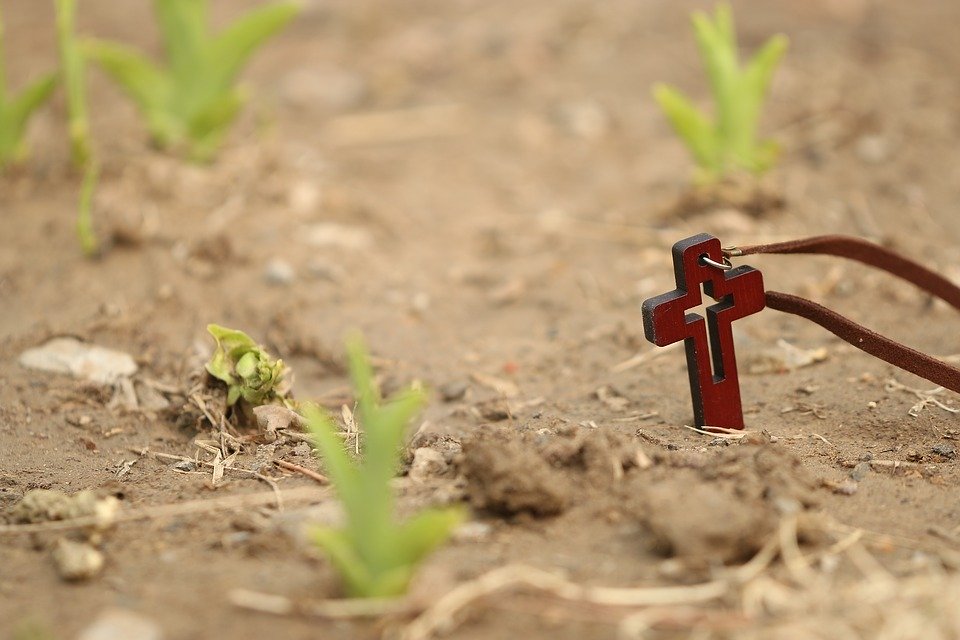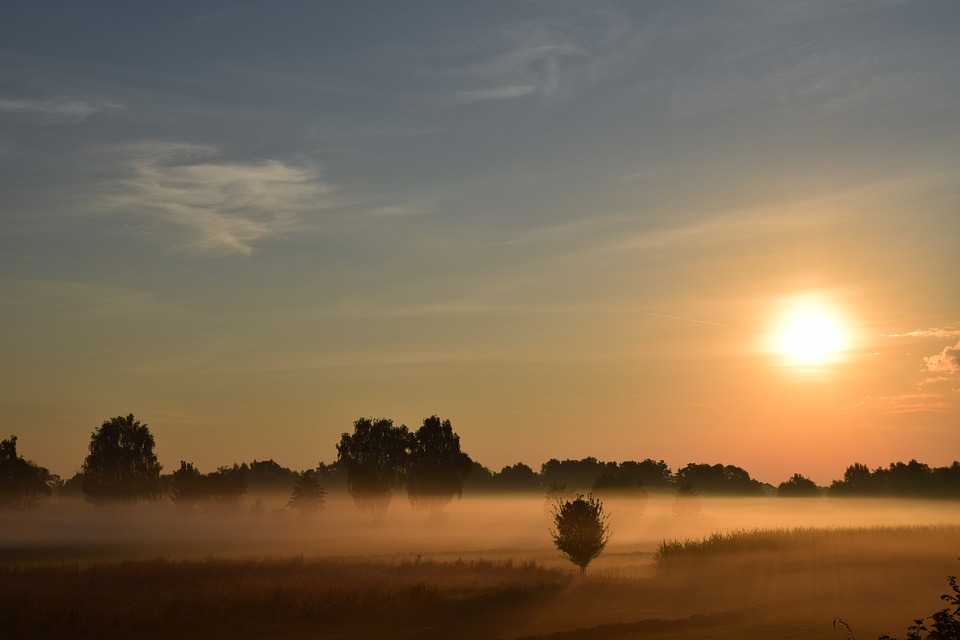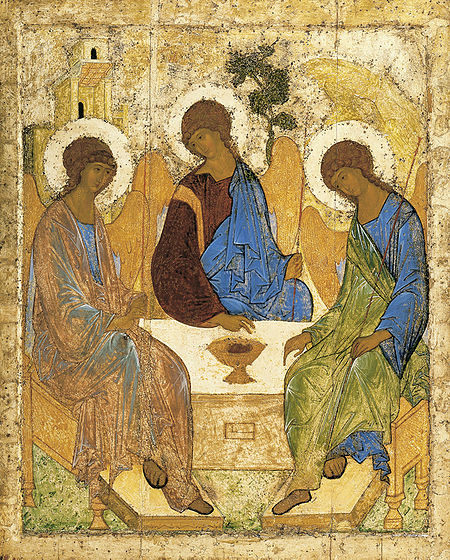
the fifth Sunday after Pentecost
July 5th, 2020
Today’s Readings are:
Zechariah 9:9-12
Psalm 145:8-15
Romans 7:15-25a
Matthew 11:16-19, 25-30
If you don’t have a Bible handy, you can click here to find these readings.
I’ve got to say, these last words of Jesus in our gospel reading this morning are some of my favorite verses in the Bible. “Come to me, all you that are weary and carrying heavy burdens, and I will give you rest.” This is such a beautiful invitation to grace. It reminds me of Simeon, the old man at the beginning of St. Luke’s gospel, who, when seeing the child Jesus come, says, “Lord, you now have set your servant free to go in peace as you have promised; for these eyes of mine have seen the Savior, whom you have prepared for all the world to see.” These are words of deep, deep thanks for being rescued, for being set free, for our Savior coming in the tired, lonely, lost moments of life, gathering us up, and bringing us home.
“Take my yoke upon you, and learn from me; for I am gentle and humble in heart, and you will find rest for your souls.” Have you ever experienced rest for your soul? I mean, I’ve definitely felt rest for my body. I think we’ve all rested physically – after finishing up a day of work in the yard, after moving house, after traveling long hours in the car where your body is all stiff, and then you step out at your destination and streeeeeech out your tired body. That’s good rest, truly, and a gift from God.
But I don’t mean just physical rest – I mean spiritual rest down to your soul. Have you ever experienced that? I find it myself in the Sacraments, and especially in Confession and the Eucharist. There are beautiful times of rest and silence in our liturgy, times when we can just relax back into God, leave all for that most beloved embrace. I found that rest in Japan, while wandering between the rice patties of my town; I found it while traveling west in South Dakota and Wyoming, especially in the Black Hills and the Grand Tetons; and I find it while camping and looking up at the brilliant stars. But wherever I find it, I know that this rest is from God, for it is not just a rest for the body, nor for the mind or even the heart, but down to my very soul. Here God says, don’t worry, learn from my voice and presence in this moment, for I am gentle and humble in heart, and you will find rest for your souls in me.
God calls us to a lot in this world. God calls us to be servants in a rough and tumble world. We’re called to be followers of Jesus – Jesus, who served the sick, the poor, the lonely, the outcast, and the downtrodden. We’re called to follow a man, who was more than a man, but even still was a man who went without a word to his death upon a cross. And we’re to take up our own crosses, deny ourselves, deny those parts of ourselves that might give us those creature comforts, that might make us feel easy and find and dandy, but to take up our cross, deny ourselves, and follow our Lord and Savior.
And I gotta say, that’s not easy work. It’s hard to deny yourself, right? It’s hard to look at money that I’ve earned with my hard work and say, ‘This doesn’t belong to me. It belongs to God’, then give it to those in need.It’s hard to say, sometime daily, with Jesus in the garden, “But not my will, but your will.” It’s hard to hope, it really is, while living in a world that seems so ready to anger, hatred, bigotry, violence. It’s hard, but that’s the life, and sometimes it seems all we can do in such a life is grin and bear it, have a stiff upper lip, grow our hearts harder so that we can bear that terrible burden of the cross.
And yet our Lord and Savior asked us to take up his yoke, for it is easy and his burden is light. And we can ask, angry and frustrated, ‘Is it really, God? Your yoke is the Cross. Your burden is Death” or we can open ourselves to God and remember that after the Cross came the Resurrection.
You see, we Christians need to understand all things – all things – in the light of the Resurrection. That God Almighty, Creator of Heaven and Earth, did not just die but rose again – that has ultimate meaning. That is the foundation on which we stand. It’s the lens through which we should view all things. The Resurrection is the yeast in our bread, it’s the manure for our garden. It’s the reason we should love our neighbor, even our enemies, for God died and rose for them just as God died and rose for us. God’s Resurrection is in the song of the birds, even the funny cawing of the crows; it’s in the laughter of children, the phases of the Moon, and both the winter and summer storms. And that Resurrection is in you, growing and thriving, giving you strength to do the good work of Jesus Christ and giving you rest, true, soulful rest, an image of our final rest in Heaven, our true home.
Remember these words of Jesus Christ. Read them often. Print them out and stick ‘em next to your mirror in your bathroom. Read them to your children and to your children’s children. Rest in them, rest in Jesus Christ. Rest in life, and love, and Resurrection.




